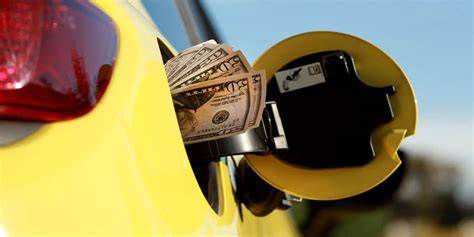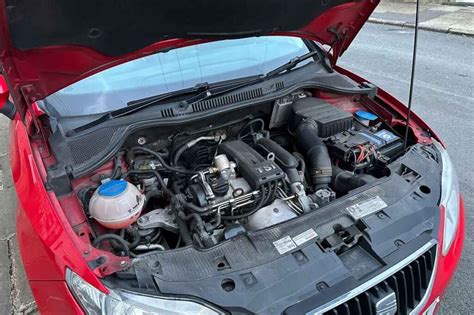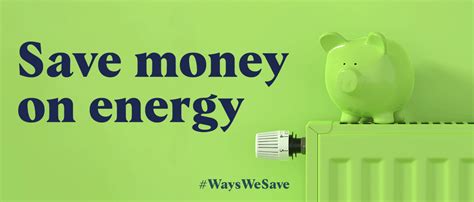Unlock Significant Savings Through Smart Driving Habits
Gas prices can fluctuate wildly, making every trip to the pump a gamble. While you can’t control market prices, you absolutely can control how much fuel your vehicle consumes. Adopting a few simple, mindful habits behind the wheel can dramatically boost your miles per gallon (MPG) and keep more money in your wallet.
One of the most impactful changes you can make is to your driving style. Aggressive driving—characterized by rapid acceleration, hard braking, and excessive speeding—is a notorious fuel guzzler. These actions force your engine to work harder, burning more fuel than necessary. Instead, practice smooth acceleration and gentle braking. Anticipate traffic flow and signals to avoid sudden stops and starts. Maintaining a consistent speed, especially on highways, by utilizing cruise control when appropriate, is also highly effective.
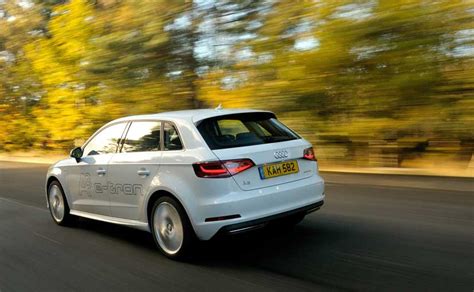
The Critical Role of Vehicle Maintenance
Your car’s health directly impacts its fuel efficiency. Neglecting regular maintenance is akin to throwing money away at the gas station. Proper tire inflation is a prime example; underinflated tires increase rolling resistance, forcing your engine to exert more energy. Check your tire pressure monthly and ensure it matches the manufacturer’s recommended PSI, usually found on a sticker inside your driver’s side door jamb or in your owner’s manual.
Beyond tires, a well-maintained engine runs more efficiently. Regularly replace air filters, as a dirty filter restricts airflow to the engine, making it work harder. Keep up with oil changes using the recommended viscosity, as fresh, clean oil reduces friction within the engine. Spark plugs, oxygen sensors, and fuel injectors also play crucial roles; ensuring these components are in good working order can prevent significant drops in MPG.
Smart Choices at the Gas Pump and Beyond
When it comes to fueling up, consider your choices. Unless your car specifically requires premium fuel (check your owner’s manual), using it in a vehicle designed for regular octane won’t provide any performance or efficiency benefits and simply costs you more. Also, try to fill your tank during cooler parts of the day (early morning or late evening) when gasoline is denser, meaning you get slightly more fuel for your money.
Furthermore, minimize the weight you carry in your vehicle. Every extra pound your car hauls requires more fuel. Remove unnecessary items from your trunk and backseat, and if you have a roof rack or cargo box that isn’t in use, take it off. These accessories create aerodynamic drag, further reducing your MPG.
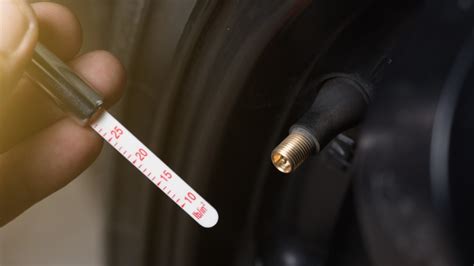
Strategic Planning for Fuel Efficiency
Beyond individual habits, strategic planning can make a big difference. Combine multiple errands into one trip rather than making several separate short drives. A cold engine uses significantly more fuel during the first few miles, so consolidating trips allows your engine to reach its optimal operating temperature and maintain efficiency. If possible, plan routes that avoid heavy traffic, as stop-and-go driving is a major fuel killer.
Consider alternatives for shorter distances. Walking or cycling for local errands not only saves gas but also offers health benefits. For longer commutes, explore carpooling or public transport options. Every mile not driven is a mile not spent on gas.
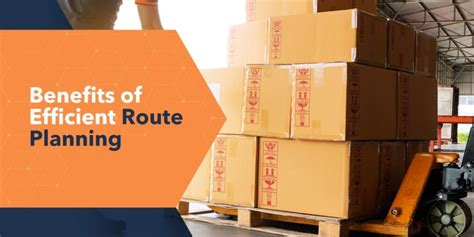
The Power of Monitoring and Adaptability
To truly understand the impact of your efforts, start monitoring your car’s MPG. Many modern vehicles have built-in displays that show real-time or average fuel economy. Alternatively, you can track it manually by noting your odometer reading and fuel added each time you fill up. This allows you to see which habits are working best and where further improvements can be made.
By consistently applying these simple yet powerful fuel habits, you’ll not only reduce your environmental footprint but also enjoy substantial, long-term savings on gas. It’s an investment of effort that pays dividends every time you drive.
